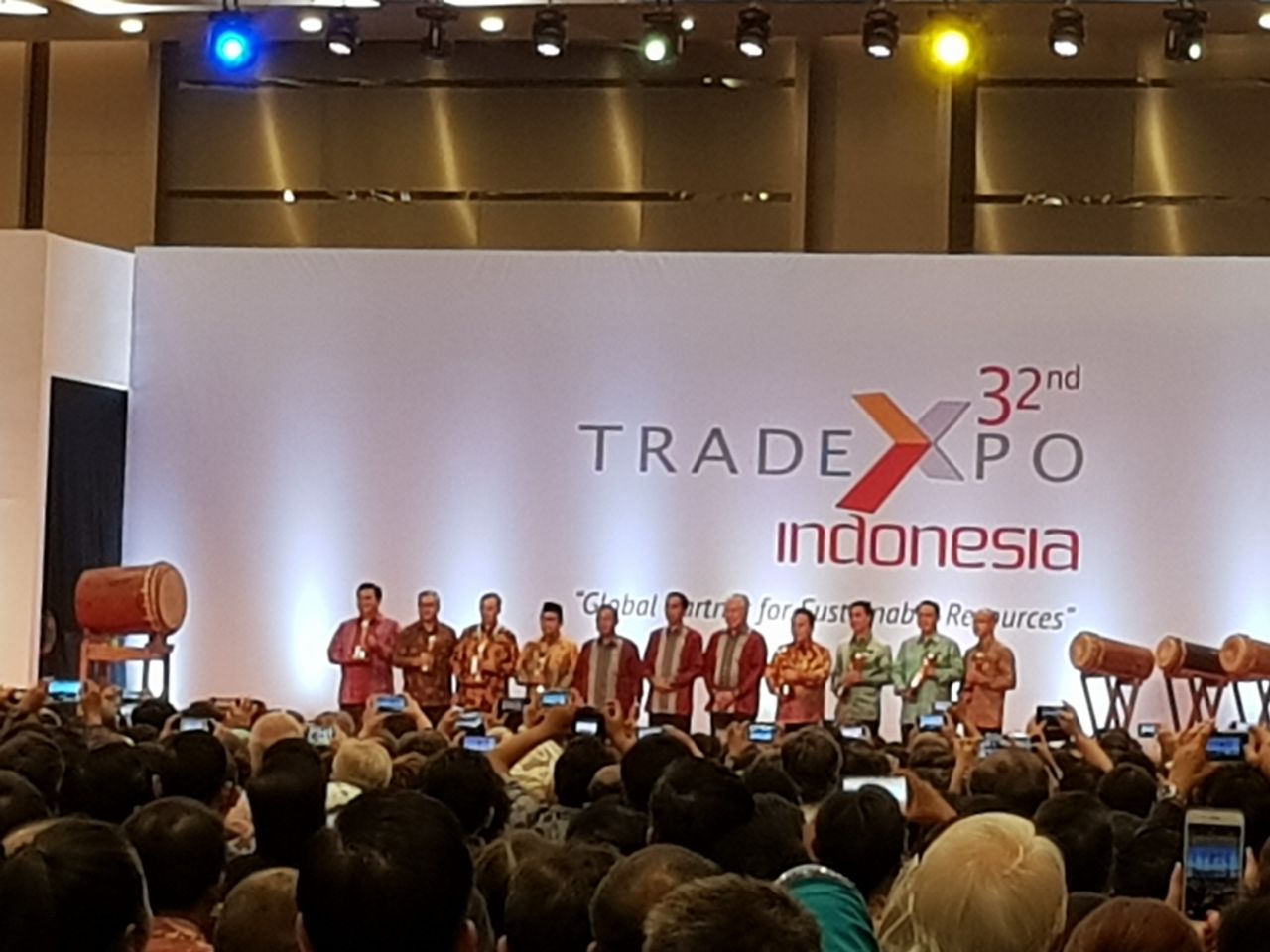Trade Expo Indonesia (TEI) in 2017 recorded a total transaction worth US $ 1.26 billion or 24.3% higher than last year’s realization of US $ 1.02 billion. The number of visitors also increased from 15,567 people to 22,088 people.
Trade Minister Enggartiasto Lukita said transaction growth is a good momentum to boost Indonesia’s exports, especially in terms of diversifying exports to non-traditional markets. He explained that delegations from non-traditional countries such as South Africa, India, Middle East, Nigeria and Eurasia are coming in and doing deals with Indonesian businessmen.
“This is a fact that makes us quite optimistic that diversification takes place not only in the market or buyer’s home country, but also in the case of exhibitors which can certainly strengthen the capacity of national exports in the future,” said Enggar.
The most popular products are coal, coffee, beverage, automotive and its components, palm oil and its derivatives, processed foods, electronic and electrical products, agricultural products, essential oils and cosmetics. The minister said cosmetics from natural ingredients became a much sought after product by delegates from the Middle East, Europe, and Africa.
Kemendag acknowledges that there are still obstacles faced by business actors who will export, both in terms of financial and trade barriers. To overcome financial problems, the government has an Indonesian Export Financing Institution (Exim Bank) that plays a role to help entrepreneurs.
As for overcoming tariff barriers and non tariff barrier, Enggar stated there are some things that will be done by the government. The tariff barrier will be settled by trade agreement, while the nontariff barrier will be settled through direct talks with the local government.
“Until 2018, there will be 12 trade agreements signed in bilateral and regional forms,” he said.
The trade agreement is in the form of Preferential Trade Agreement (PTA) and Free Trade Agreement (FTA). Currently, Indonesia is conducting PTA and FTA negotiations with a number of countries, including Iran, Australia, Peru, Chile, and Pakistan.


